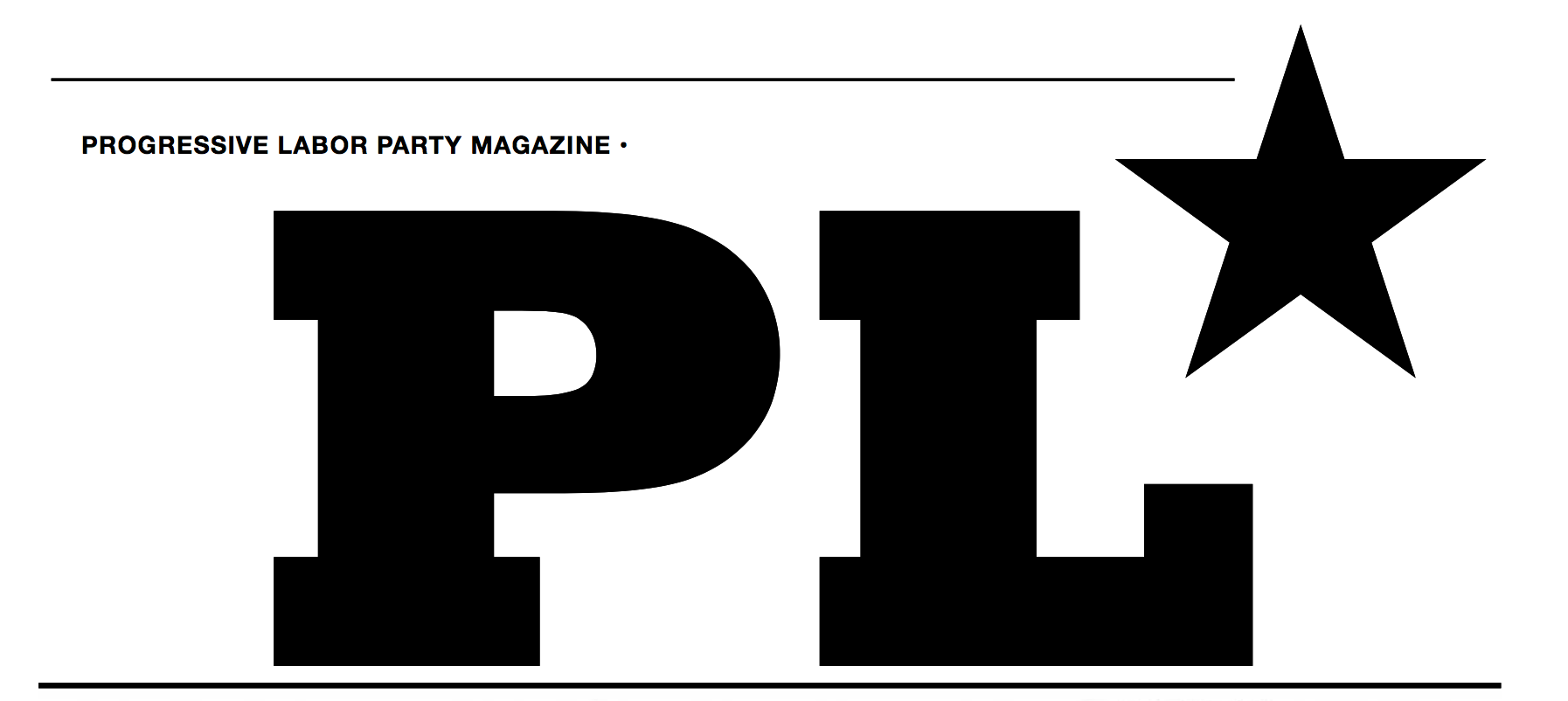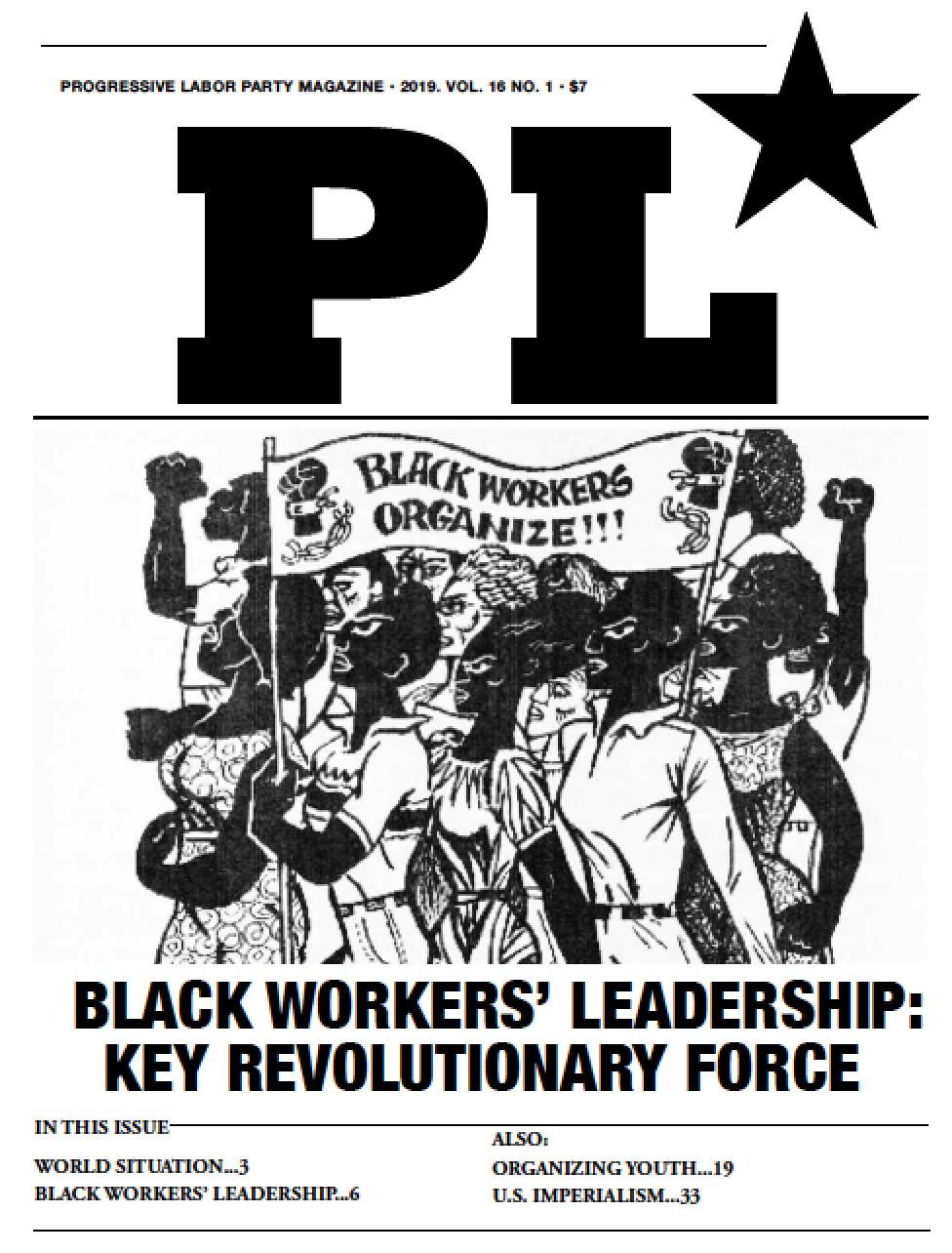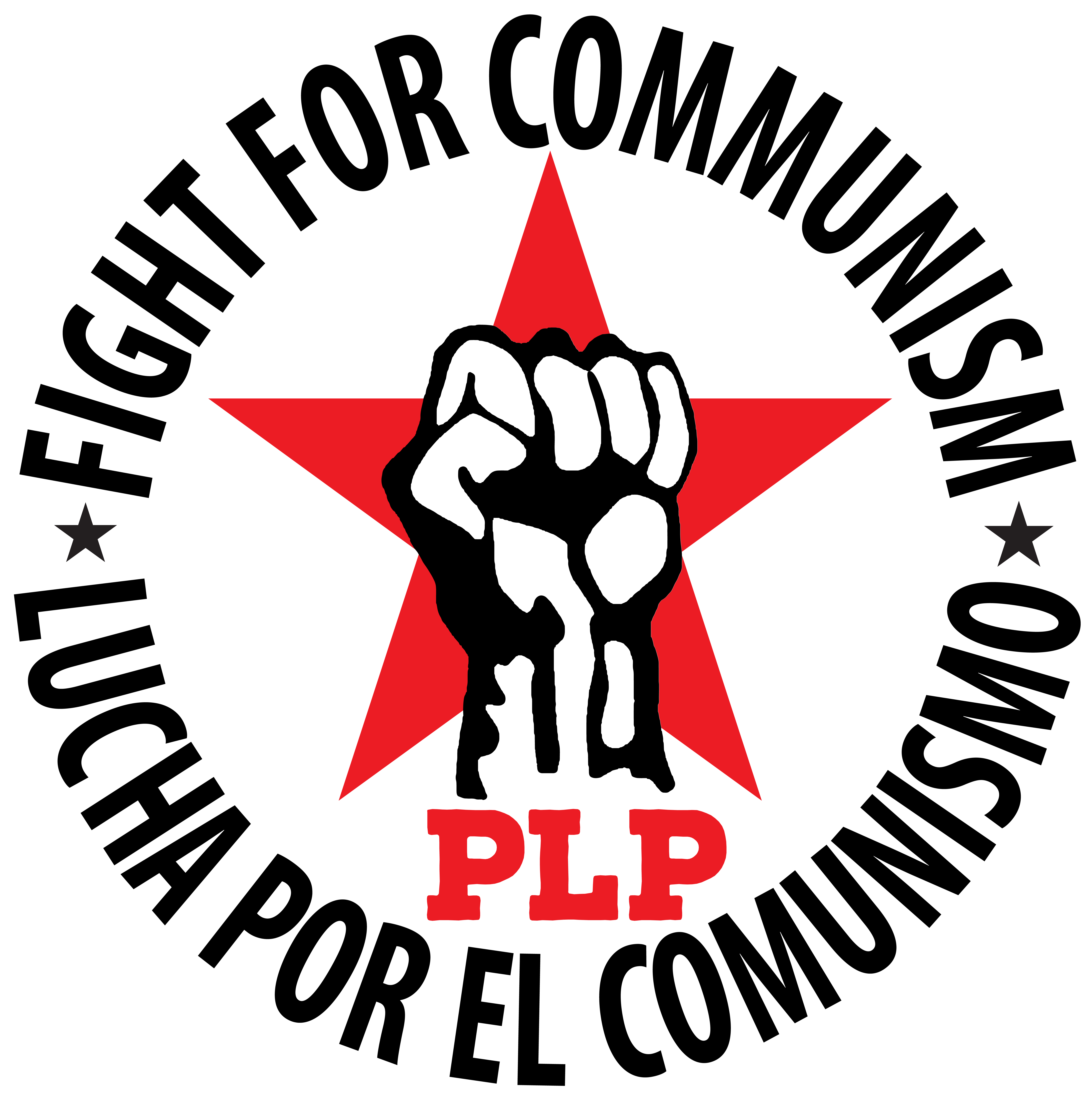FIDEL CASTRO: NO REVOLUTIONARY
 Friday, December 9, 2016 at 2:47PM
Friday, December 9, 2016 at 2:47PM  The legacy of Fidel Castro contains two critical lessons for the international working class. The first is that workers will never advance toward communism under a leadership that holds on to capitalist inequalities. The second: Reform victories under the profit system are neither adequate nor lasting. Only a dictatorship of the proletariat can smash racism, sexism, and capitalist exploitation. Only a communist society, run by and for workers, can serve the needs of our class.
The legacy of Fidel Castro contains two critical lessons for the international working class. The first is that workers will never advance toward communism under a leadership that holds on to capitalist inequalities. The second: Reform victories under the profit system are neither adequate nor lasting. Only a dictatorship of the proletariat can smash racism, sexism, and capitalist exploitation. Only a communist society, run by and for workers, can serve the needs of our class.
In the wake of Castro’s death on November 25, the bosses’ media celebrated “the end of communism” in Cuba. The left-liberal media acclaimed “the Cuban experiment” was to move the working class toward “socialist” or even “communist” liberation. Both camps are wrong. Essentially, the Fidelistas were liberal reformers. They exerted state control over the means of production while preserving the rotten core of the profit system, from wages and social inequality to racist unemployment and incarceration. In short, they were state capitalists. They traded domination by U.S. imperialism for the heavy hand of the imperialist Soviet Union under the rotten, revisionist (fake-left) Nikita Khrushchev. Fidel actively encouraged a cult of personality, elevating his own erratic judgment over the collective wisdom of the working class. Eventually, Cuba’s market-oriented tilt under Castro exposed his self-proclaimed Marxist-Leninism for what it always was—a deception.
Where Castro Went Wrong
Initially, Fidel was daring and resourceful. In 1959, his small rebel group won state power through armed struggle. It smashed the oppressive ruling clique of President Fulgencio Batista—a big defeat for U.S. imperialism, which had enjoyed free rein in exploiting Cuba since the Spanish-American War of 1898. Castro won support from Cuban workers with significant reforms: a price freeze, a tax cut, reduced rents, and, most notably, universal literacy and health care. He abolished official segregation and opened labor unions to Black members. He expelled the Mafia gangsters who controlled Havana and ran its gambling, drug, and commercial sex rackets. He made mortal enemies of the U.S. bosses by expropriating $1 billion worth of U.S. corporate holdings, including oil refineries, banks, and sugar mills.
In response, the U.S. rulers slapped an economic embargo on the island nation. Beginning under the Dwight Eisenhower administration and escalating under President John F. Kennedy, the U.S. began organizing an invasion to overthrow Castro. Meanwhile, several hundred thousand white middle-class Cubans—virtually the entire urban professional class and commercial bourgeoisie—fled to Miami, taking much of the country’s financial reserves with them.
Facing desperate shortages of basic commodities, Castro could have pursued a communist path of self-sufficient economic development. He could have liberated Cuba from the world market and freed workers from the grip of imperialism. Had he chosen that path, it would have lowered material living conditions for many in the short term—though not for the most oppressed workers, who might have become the base for a true revolution.
But Castro was limited by his nationalist ideology. He could not envision a fundamental reorganization of social and production relations. Instead, he turned to a new trading partner—Moscow. By 1960, Khrushchev had openly renounced the revolutionary goal of a working-class dictatorship over society. The Soviet Union’s state capitalist regime wanted to supplant U.S. imperialism in the world market and saw its opening in Cuba, on the doorstep of the U.S. bosses. The Soviet Union agreed to provide Cuba with crude oil, industrial goods, and a $100 million loan in return for sugar, fruit, fiber, and hides (Peter Bourne, Fidel: A Biography of Fidel Castro, 1986). Cuba’s die was cast. For the next three decades, until the Soviets’ economy collapsed, Cuba was tied to an imperialist super-power that systematically betrayed the great Russian Revolution.
Socialist Speeches, Capitalist Deeds
In April 1961, Castro’s forces routed the U.S. CIA-directed invasion at the Bay of Pigs, drawing Cuba even more tightly within the Soviet orbit. Fidel declared, “What the imperialists cannot forgive us, is that we have made a socialist revolution under their noses” (Bourne, 1986). In fact, Castro’s socialism had a solid capitalist foundation. Workers were exploited to increase profits and accumulate capital. Guided by Soviet advisors, Fidel’s regime imposed rigid discipline in production, with higher pay for more efficient workers. As with every wage system, these differentials divided the working class.
By 1962, Cuba’s economy had reached full capacity. More coal and electric plants, transmission lines, and roads were needed. Short of hard currency, Castro’s government subordinated the country to the world market by expanding exports of its one marketable commodity. Cuba became the Soviets’ “sugar colony.” To accumulate more capital, the government imposed “communist consciousness” by cutting wages in the state sector for all but the lowest-paid.
Slowly but surely, capitalist policies expanded the private profit sector. First, licenses were sold to individuals to open small businesses for auto repair, carpentry, and plumbing. By 1981, private contracting cooperatives were building 38 percent of new housing units. Private farmers diverted produce from the state, which paid low fixed prices, and sold it instead on the open market for their private benefit. To increase production and profits, the sugar industry was mechanized, reducing the number of cane cutters from 350,000 in the 1960s to 72,000 in 1985. A new elite was born, defined by their wealth in money.
Apartheid Tourism and Racist Inequalities
In recent years, these capitalist practices have grown even stronger. After a boost from Barack Obama and the reopening of U.S. diplomatic relations, the Cuban tourist industry now earns as much hard currency as the sugar industry. Mexican and Spanish bosses can own up to 51 percent of hotels and export 100 percent of their profits, earned on the sweat of powerless hotel workers. Prostitution, a hallmark of the bad old Batista/Mafia days, is booming once again.
Local workers are barred from these hotels as guests; they call it “apartheid tourism.” Like capitalism everywhere, capitalism in Cuba needs racism to divide and super-exploit workers. [Spanish ships brought 900,000 Africans to Cuba as slaves, about twice the number forced brought to what is now the U.S. (http://bit.ly/2gE6fH5.] While Fidel’s early reforms undeniably helped poor Black workers, he overstated the case in 1961, when he claimed that racist discrimination in Cuba was a thing of the past. In 2005, a year before the end of Fidel’s rule as president, Black workers were unemployed at double the rate of white workers. While darker-skinned Cubans made up somewhere between one-third and two-thirds of the population, they accounted for 85 percent of the nation’s inmate population (Al Jazeera, 8/13/15). Under Fidel’s brother and successor, Raul Castro, as Cuba has accelerated its market capitalist reforms, racist inequalities have kept pace. From Al Jazeera:
“The problem,” said Alejandro de la Fuente, director of the Institute of Afro-Latin Studies at Harvard University, “is that the new policies produce losers, because their chief concern is not social justice, but economic growth and survival. None of these policies is racially defined, but they produce new forms of social inequalities, and those inequalities tend to be racialized quickly because of unequal access.”
Under the relentless pressure of the profit system, Fidel’s most admired reforms have suffered. “[A]doption of the Soviet model of economic development contributed to two internal factors that have undermined health care: low productivity of labor and the growth of bureaucracy. Social expenditures declined from 70% of the GNP in 1970 to 36% in 1995,” after the end of Soviet bloc aid (https://www.ncbi.nlm.nih.gov/pubmed/7593738). As of 2012, according to Al Jazeera, Cuba’s infant mortality rate remained lower than the rate in the U.S. Life expectancy was among the world’s highest. But non-emergency operations were routinely delayed, and there was a chronic shortage of medicines (6/18/12).
The Only Solution is a Communist Revolution!
Yes, the liberal reformers of Fidel’s Cuba improved most workers’ standard of living, at least for a time. They constructed a defense against hurricanes unequaled in the hemisphere. But despite these achievements, the return of capitalism to Cuba is restoring all the evils that are part and parcel of the profit system. In field and factory, Cuban workers need an egalitarian society that will abolish the wage system and its artificial division between intellectual and manual labor. Like Vladimir Putin’s Russia and the sweatshop economy in today’s China, Castro-style “socialism” has confirmed the fallacy of the two-stage theory of communism. When a revolution leaves capitalist components in place, it inevitably decays back to full-blown capitalism.
The working class of Cuba needs what Fidel Castro often promised but never pursued: a communist revolution.





 Progressive Labor Party (PLP) fights to destroy capitalism and the dictatorship of the capitalist class. We organize workers, soldiers and youth into a revolutionary movement for communism.
Progressive Labor Party (PLP) fights to destroy capitalism and the dictatorship of the capitalist class. We organize workers, soldiers and youth into a revolutionary movement for communism.




Reader Comments